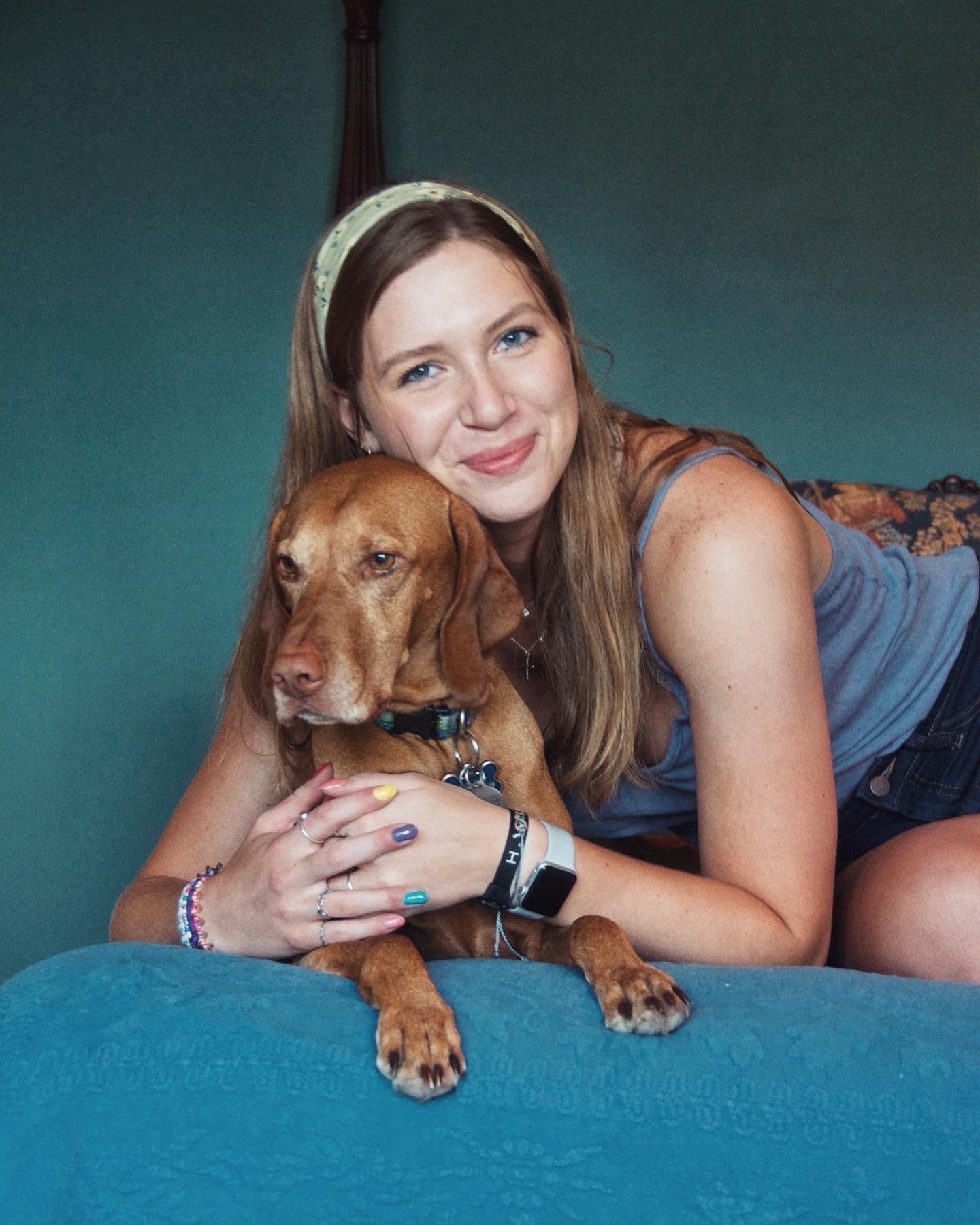
The Switch to English: Why students do not start in their dream major
by Rachel Rosen
After the first semester of my sophomore year, I made the most drastic, yet important decision of my college career: I switched my major from animal science to English. My decision was challenging, yet extremely fulfilling, so naturally, I wanted to know if others had experienced something similar. As I thought about writing this piece, I was initially worried that no one would fit the mold I was trying to write about. However, when I reached out to the students in one of my current English classes (a class of approximately twenty-five students) an unexpected number replied saying they are currently English majors, but they did not start out that way. So, what’s the deal? Why do so many people switch to English but do not start there? And how has their decision affected them?
Earlier this semester, I sat down with Melanie Warner and Alexis Davis to discuss their specific CODO (change of degree objective) experiences. I found that a common theme amongst these CODO students, as well as myself, is a strong love for English that is extinguished by fears and doubts, which lead us each down a long path of finding our way back to our true passion.
Melanie Warner, a junior with a double major in English and psychology, started as a chemistry major with the intention of going to either medical or veterinary school. She explained that she always had a love for English, but she did not think it would align with her career plans to attend medical school. She was also unsure if it would be a beneficial option for getting a job in the future. Warner struggled with Purdue’s rigorous calculus classes and decided that perhaps the STEM route was not for her. “I wasn’t going to get anywhere with a chemistry degree, so I might as well do something that I like,” she explained to me. For Warner, that thing is English.
On the other hand, Alexis Davis originally planned to become an English teacher, as she had a passion for English early on, as well. However, before she even began the first day of her freshman year, she questioned her decision. Davis’s family encouraged her to rethink her choice so she switched to web programming. She had previously worked on computers with her dad for three summers, so it seemed like the best option. At this point Davis exclaimed, “I did it for two years, and I hated it.” After wrestling with what to do, and even considering switching to a different Polytechnic major, Davis decided to switch to English and resorted to her original reason for coming to college: “I wanted to help kids learn to love English the way I did.”
Going from a major in STEM or the polytechnics to the Liberal Arts is a big switch, and one that can be uncertain, but Warner and Davis seemed confident in their decision. When I asked Warner if she regretted her switch, she shook her head, laughed, and replied, “No!” Similarly, Davis told me the only thing she regretted was that she hadn’t switched over to English sooner. Davis explained that her English classes offer so much more variety in what she can learn. She thoroughly enjoys the slower pace that allows her to go more in-depth into what she is learning, “The classes are more conversational, and I learn a lot better that way.” Davis, who is currently taking a 21-credit course load, regrets that she cannot take all the classes that she is interested in before she graduates in the spring.
Unlike Warner and Davis, I was not so certain about my decision after my switch. I had a lot of family and friends who thought I was irrational for making the switch from studying animal science (pre-veterinary track) to English. I made the switch during my sophomore year after I had a very challenging semester. I was not enjoying any of my classes and rapidly losing motivation. I questioned why I was studying animal science for I found no joy or passion in any of the work I was doing. Similar to Warner and Davis, English had always been my dream choice, but I was told that I could not make a career out of an English degree. I was strongly encouraged to pursue a career in the STEM field, as that was seen as more reliable by those around me. So, instead of trying to make my dream a reality, I tried to find my passion in something else.
As I’ve come to learn though, and as Davis also explained to me, “You can get a job. Your degree is not a useless piece of paper.” It is important to get a job after college, but I would argue – and I think Warner and Davis would agree, that it is equally as important to spend your time learning what you want to spend the rest of your life pursuing. Ever since I made the decision to stop pursuing other people’s passions and to pursue my own, I have been the happiest I have ever been. Warner felt the same way, as she told me, “I would have been so unhappy as a chemistry major…I’m significantly happier and less stressed. It’s way better than what it was.”
Davis, who was originally talked out of pursuing her true passion, stated, “Stick with what you love…Don’t let anyone discourage you from picking that major.” The English Department is full of brilliant, kind professors and students who all understand what it means to be in a major that doesn’t reflect the strong STEM pursuits of Purdue. Even though the English department may not have as many degrees as the STEM or polytechnic schools, the resources for Purdue English students are unparalleled. As Davis put it, “Purdue will take care of the majors it has.”
English is not necessarily for everyone, but the key is that if English is your true passion, do not disregard it as a degree and career path. Do not let others talk you out of it just because the university or job market seems to idolize STEM degrees. The skills and knowledge you acquire as an English major are versatile and necessary for countless jobs and opportunities. What better way to spend your four years at college than by getting a valuable degree that brings you joy each day? Whether you talk to Warner, Davis, myself, or another CODO English student, I think they will tell you they were thrilled and satisfied with their major-changing and life-changing decision to be an English student.
 Rachel Rosen is a junior studying English Literature. She is also a member of the Student Editorial Board, and an employee for Purdue Library Facilities. If she is not studying or working, you can find Rachel engrossed in a good book or cheering her heart out at a Purdue basketball game.
Rachel Rosen is a junior studying English Literature. She is also a member of the Student Editorial Board, and an employee for Purdue Library Facilities. If she is not studying or working, you can find Rachel engrossed in a good book or cheering her heart out at a Purdue basketball game.